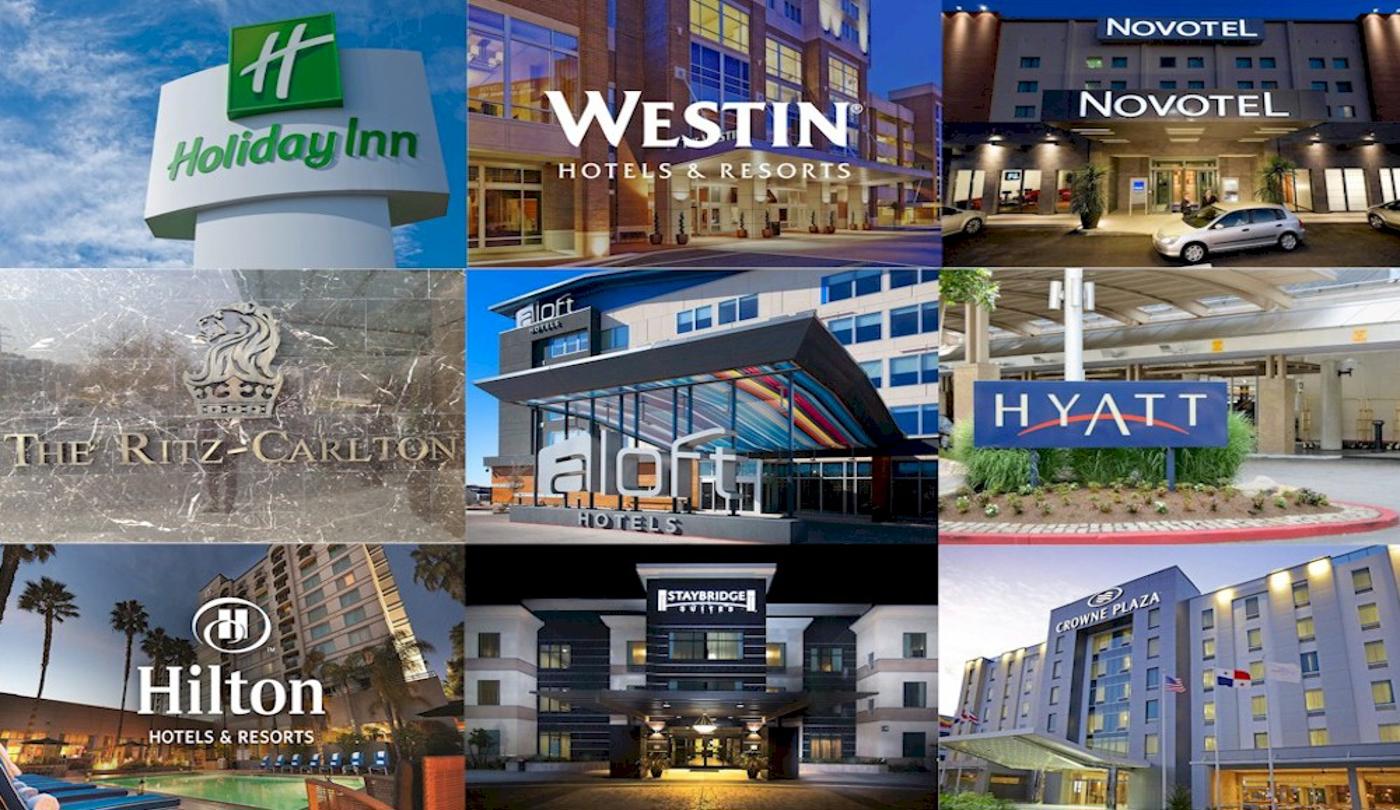
How to Select the Right Brand for Your Hotel
Selecting the right brand for a hotel is a crucial decision that requires a strategic approach. Many hotel operators opt for internationally recognized brands because they provide security, consistency, and standardization, which help attract travelers who value familiarity. With the growing globalization of travel and diverse consumer needs, the hotel industry now features hundreds of brands, including lifestyle-driven names like Hard Rock, West Elm, and Louis Vuitton, which focus on immersive experiences.
However, with such vast options, hotel owners must navigate brand selection carefully to ensure alignment with their market, vision, and investment goals. The process can be broken down into three main phases: Market Analysis, Brand Evaluation, and Financial Considerations.
1. Market Analysis: Understanding the Business Landscape
The foundation of brand selection begins with a deep understanding of the market and target clientele. Conducting a market demand study, preferably by a third-party consultant, helps assess trends, pricing, consumer preferences, and demand for branded hotels. The study also identifies whether a branded or independent hotel is more suitable for a particular location.
Key Steps in Market Analysis
a) Investigate Demand Generators
Identifying demand sources is essential. Markets may be driven by leisure tourism, business travelers, airport transit, or long-term residential demand. Analyzing infrastructure, local amenities, and competitors through physical visits enhances decision-making.
b) Determine Target Market & Positioning
Establishing a hotel’s target market—whether luxury, boutique, economy or extended stay—is critical for selecting an appropriate brand. For example, a high-end boutique hotel may not be viable in a rural highway setting.
c) Analyze Existing Supply
Understanding the competition involves assessing the existing hotels, their conditions, and future developments. Site visits and online reviews help gauge market gaps and potential branding opportunities.
2. Evaluating Brand Options: Finding the Right Fit
Once market research is complete, the next step is shortlisting brands that align with the investment goals, market demands, and customer expectations.
Key Considerations
- Brand Availability & Market Saturation—Due to Areas of Protection (AOPs) or existing franchise agreements, not all brands may be available in a specific market.
- Conversations with Brand Representatives – Discussing availability, standards, and franchise agreements is essential before narrowing down options.
- Brand Performance & Value Proposition—Reviewing brand marketing materials, franchise disclosure documents (FDDs), and performance metrics helps assess potential returns.
Essential Brand Metrics to Evaluate
- Central Reservations System (CRS) Contribution – Understanding how much revenue comes from direct brand bookings.
- RevPAR Index & STR Rankings – Comparing revenue performance against competitors in the region.
- Loyalty Program Impact – Examining the strength of brand loyalty programs, guest retention rates, and redemption formulas.
- Competitor Benchmarking – Analyzing brand presence in feeder cities and consumer satisfaction ratings.
By the end of this stage, hotel owners should have narrowed their options to no more than three brands and be ready to negotiate franchise agreements.
3. Financial Implications & Franchise Negotiations
Entering a franchise agreement comes with significant financial commitments, requiring careful evaluation of contractual terms.
Key Financial Considerations
- Franchise Fees & Contract Terms – Agreements typically favor franchisors and include ongoing fees (royalties, marketing, reservation system fees).
- Territory Rights & Exclusivity – Understanding how brand restrictions affect future development opportunities.
- Operational & Design Standards – Adhering to brand-mandated renovations, service expectations, and training requirements.
- Performance Guarantees & Termination Clauses – Determining financial risks if brand expectations aren’t met or if early exit is necessary.
At this stage, legal counsel and hospitality consultants are crucial to securing a fair agreement that aligns with financial objectives.
Conclusion: A Thoughtful, Data-Driven Decision
Choosing a hotel brand is more than just selecting a well-known name—it is a strategic business decision that impacts revenue, guest experience, and long-term success. The process should be data-driven, market-oriented, and financially sound. Hotel investors who conduct thorough research, engage with brand representatives, and negotiate wisely will secure a brand that enhances their property’s market positioning and profitability.
With the right approach, branding can be a powerful tool for hotel success.


Leave a Reply